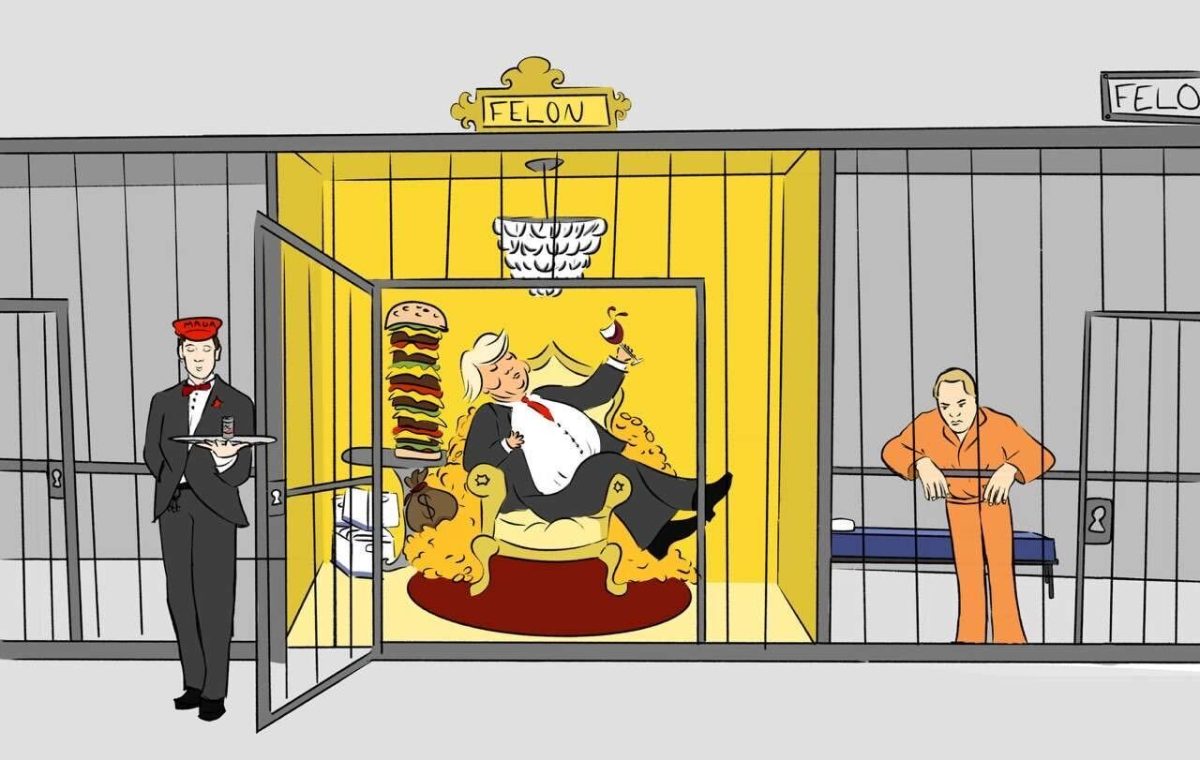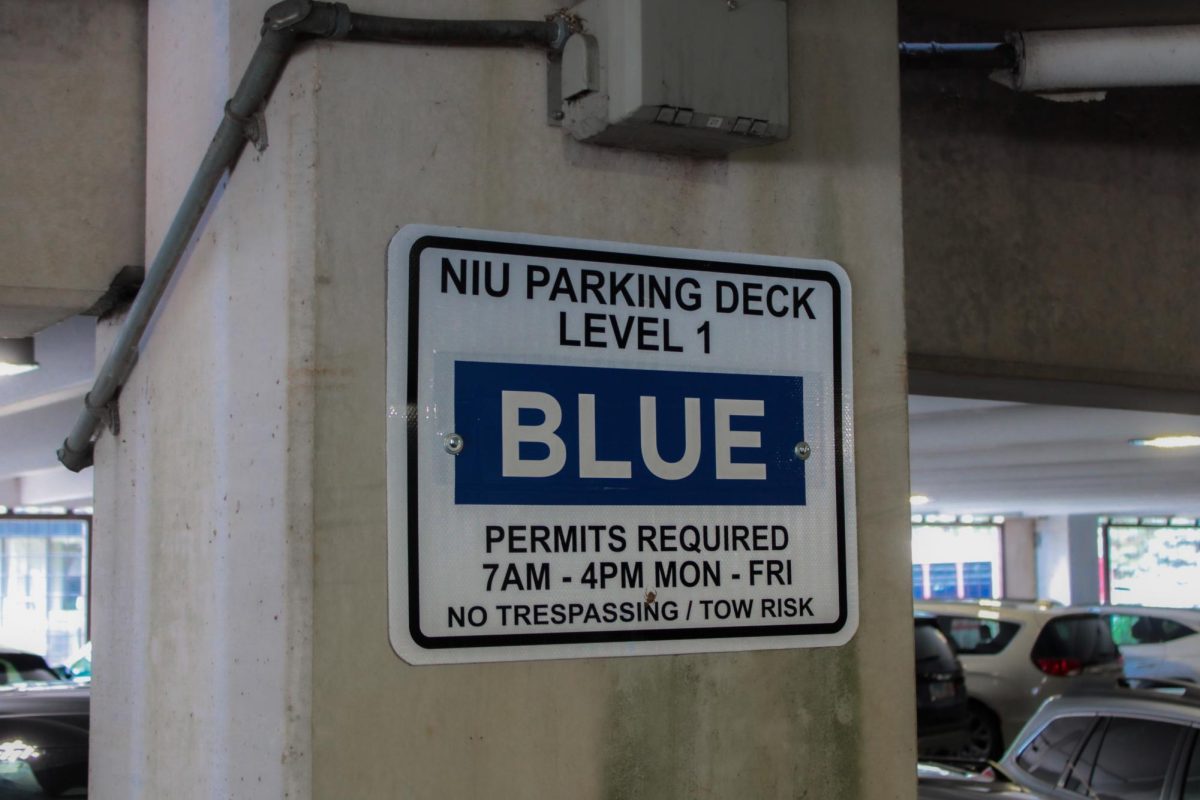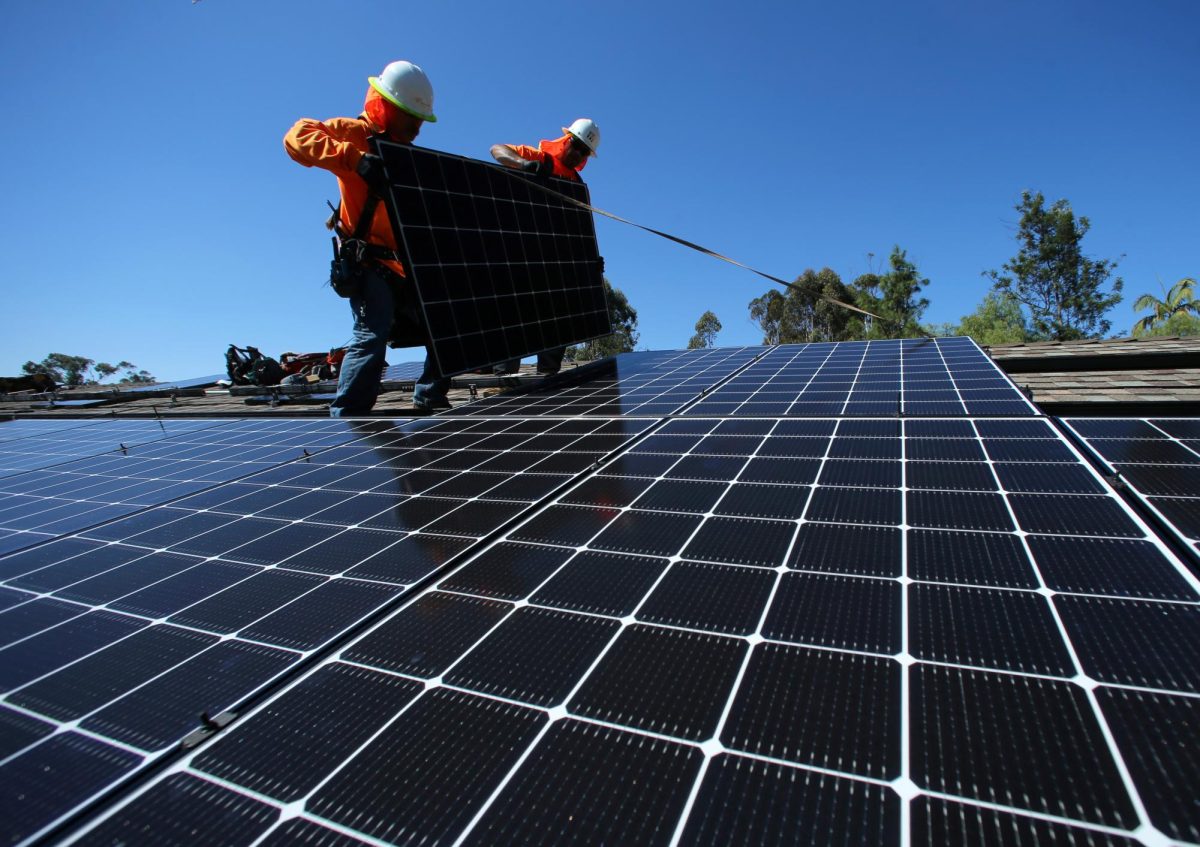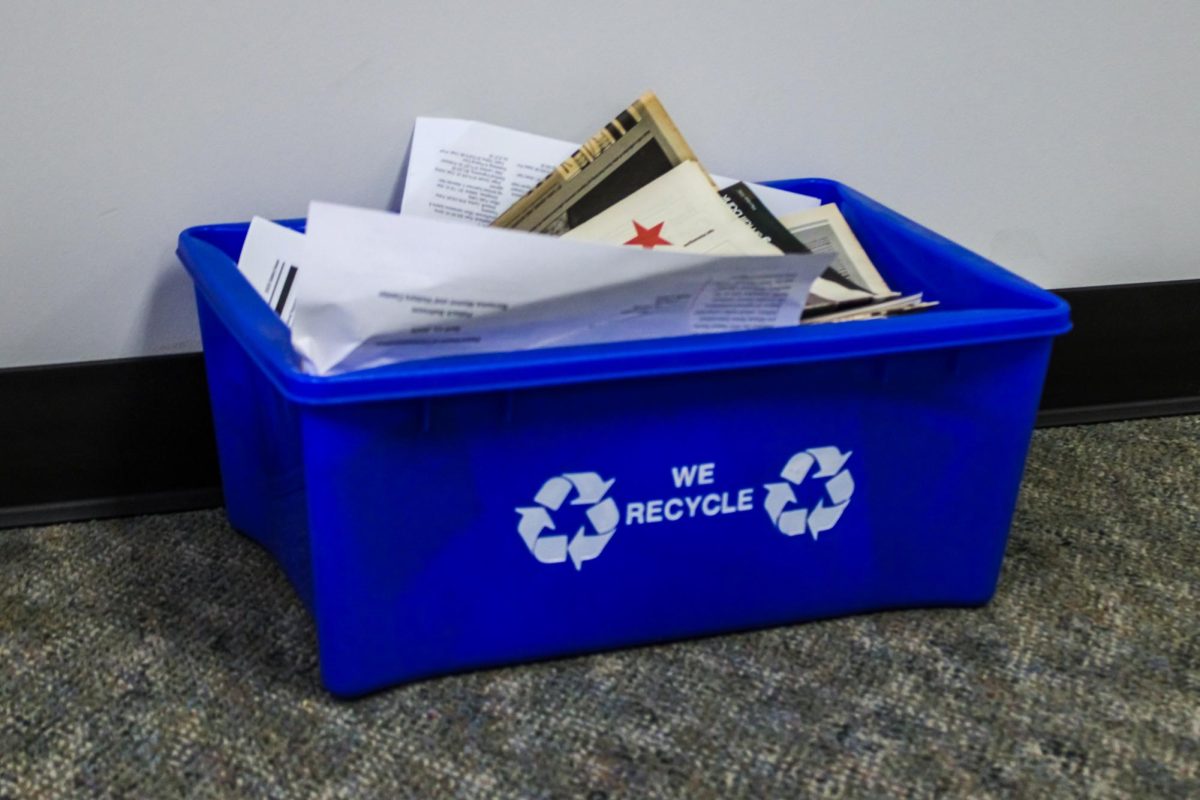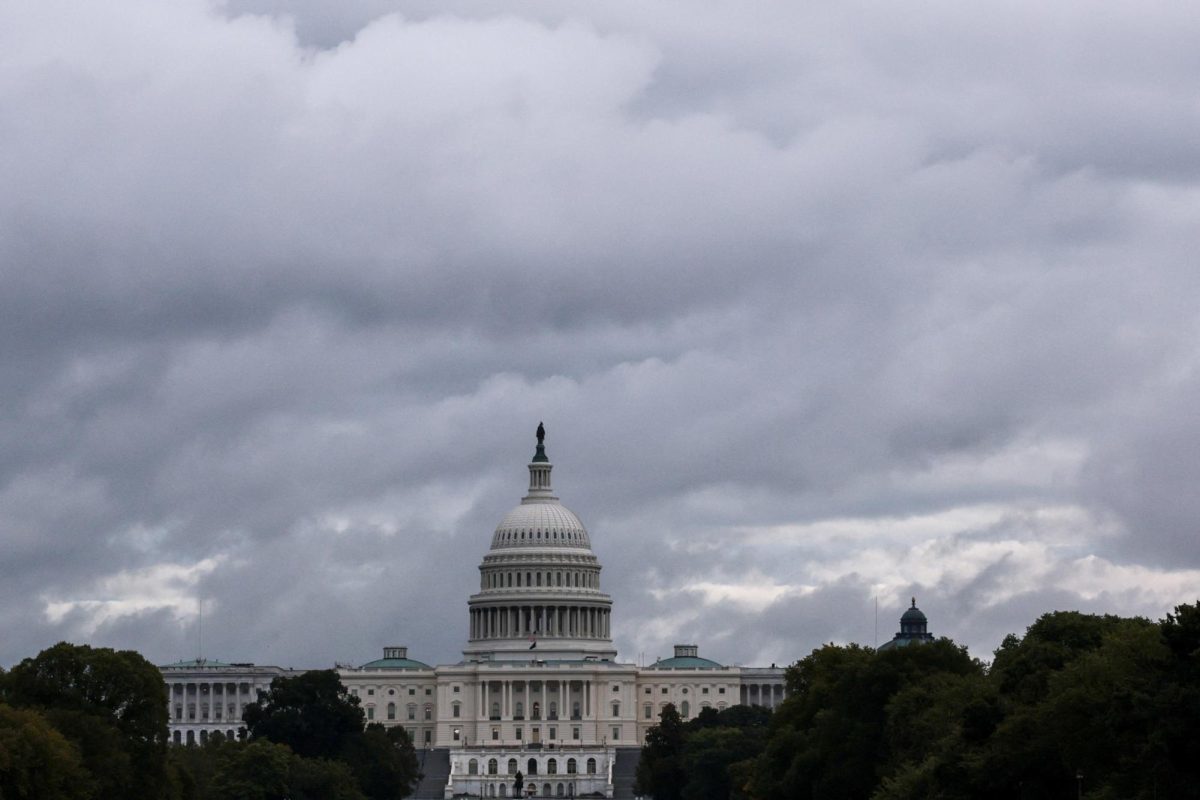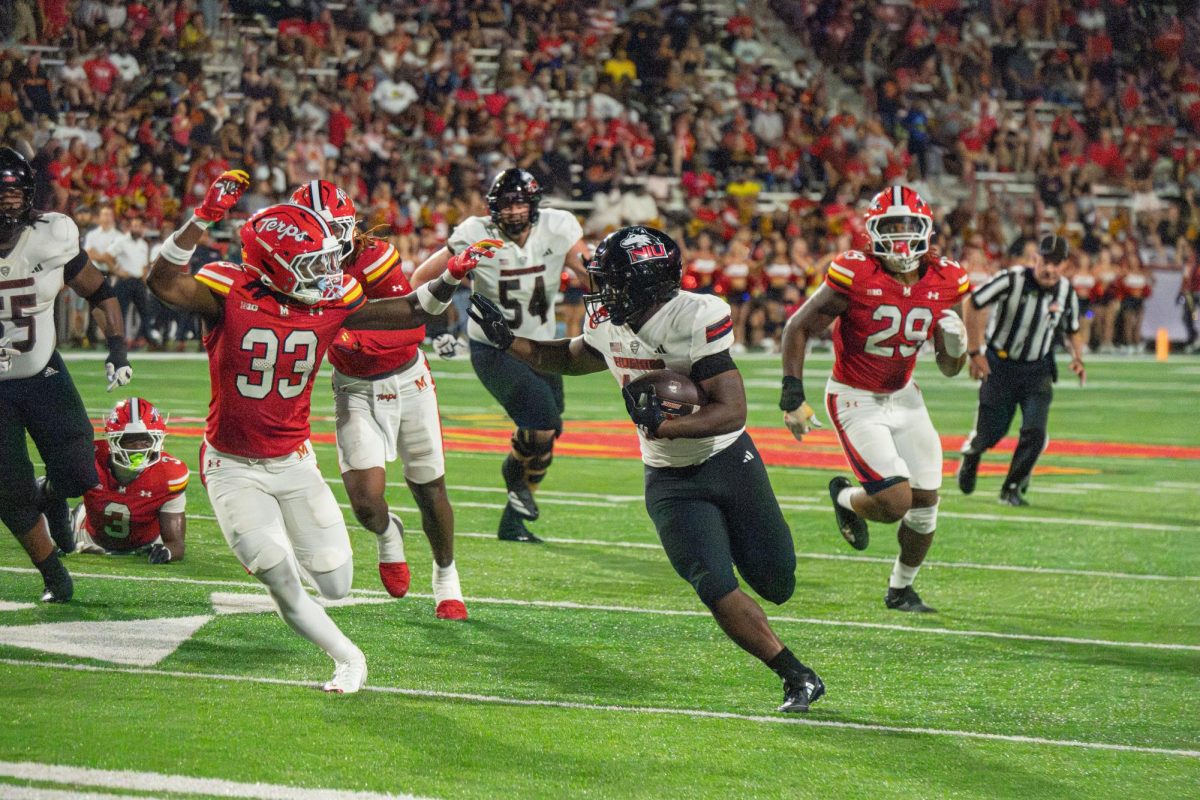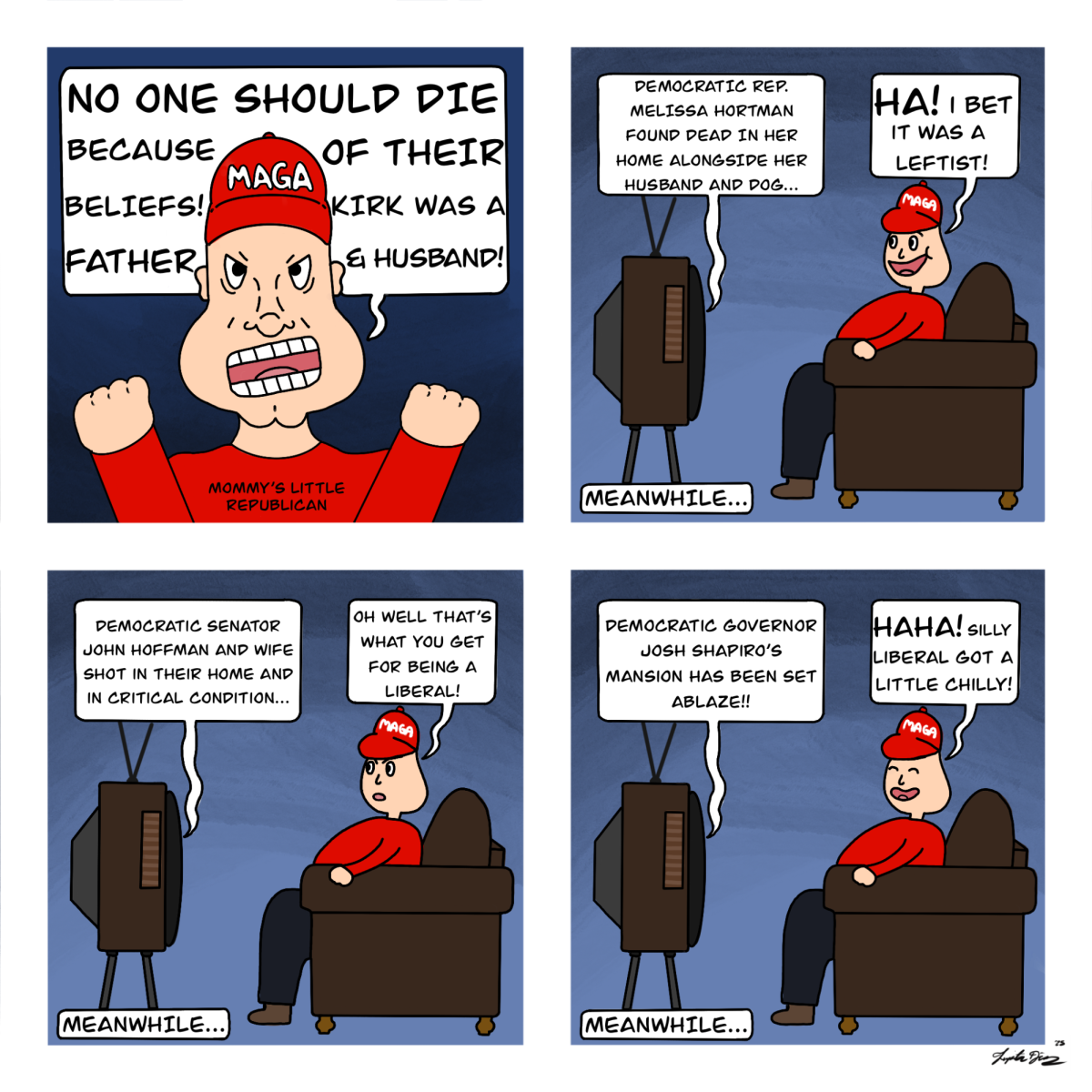On Monday morning, the first ever convicted felon was sworn in as the 47th president of the United States of America, only 10 days after his sentencing.
Donald Trump received his sentence Jan. 10, after the president was found guilty on all 34 counts of falsifying business records in the New York “hush money” case.
For those counts, Trump was sentenced with an unconditional discharge – a result that is both unsatisfying and satisfying, but not much of a surprise.
WHAT IS AN UNCONDITIONAL DISCHARGE?
Among the ways a court could let a felon off easy, an unconditional discharge is the most forgiving.
Unlike conditional discharges, an unconditional discharge allows the felon to walk away without any requirements: no community service, no fines, no probation and certainly no jail time.
Realistically, there’s not a sentence more severe that Judge Juan Merchan could have given Trump, as happy as those thoughts of more justice – oh so, so much more justice – sound.

Never before has our nation elected a felon as president. There is no concrete rulebook about how to navigate this specific and disgusting situation, but there is presidential immunity, and some really unfortunate timing.
“I’m not surprised that this is a white collar fraud case where, you know, a weird sentence came out, but at the same time, the single most salient fact is that this guy is going to be president, and there’s just no way for the president to be subject to some kind of state court probation,” said Daniel McConkie, a former prosecutor and professor of criminal law at NIU.
Even if Trump had been given a conditional discharge or some other sentence involving a punishment, he would’ve escaped completing the punishments upon inauguration.
“Maybe the judge could have fined him, but if the judge had fined him, Trump may well have dragged his feet and not paid the fine,” McConkie said. “And then once he became president, there’s no way for a state judge to force the president of the United States to pay a fine.”
Trump is an expert, after all, in evading responsibility.
WHAT’S UNSATISFYING?
For those of us interested in basic ethics, it’s easy to feel disappointed by Trump’s nearly complete lack of consequences following the trial, even if your hopes were never high.
Hearing the guilty verdicts come through one after another over the summer was a gratification like no other. But knowing not much will come of the verdicts, that this convicted felon will sit down at the Oval Office to discuss conquering other nations while slandering any opponents, sinks the spirits.
The sentencing perpetuates an age-old pattern of rich men in positions of power committing crimes and inhumanities without consequence: an ugly and depressing motif.
Trump’s approaching inauguration was the number one reason he received an unconditional discharge, but it’s undeniable his wealth was going to tilt the odds in his favor.
“It makes a difference that Trump has an incredibly expensive legal team,” McConkie said. “You know, generally it is the case that white-collar defendants can afford better representation. They tend to be richer, they tend to have more and better attorneys and they tend to get less normal sentences.”
And to further salt a centuries-deep wound, it’s painful how close we came to rupturing the pattern – at least partially – by requiring Trump to suffer a real, tangible punishment.
Had Trump not been re-elected and protected by the knowledge of approaching presidential immunity, he may have received a greater sentence.
In November, America had the opportunity to attach consequence to action, and it decided it would rather have a convicted felon rule the nation than a progressive woman of color.
Any additional punishment that would finally force Trump to meet karma to some degree would have been lovely, even if not by much
We’re simply not going to get that.
WHAT’S SATISFYING?
Trying to find a rainbow among the clouds, per Maya Angelou’s expert advice, is important for pushing through trying times. This can be tricky when the clouds are forecasted to hover for at least four more years.
But there is some color to spot this month.
Trump will never not be a felon. He still did lose his trial, his crimes were caught and he faced justice.
He could appeal, of course, and he will, but history will still mark him as the first president – and hopefully the last – to be sentenced as a felon.
Maybe many of his supporters will never recognize this as the truth, but their recognition of the trial never existed anyways. Trump supporters of that degree tend to lack a clear grasp of the rule of law.
Trump’s moral compass has never worked; It ran him into the law, and now – despite the tragedy of Monday’s inauguration – his confirmed identity as a white-collar felon will still stain his name long after he’s gone.


